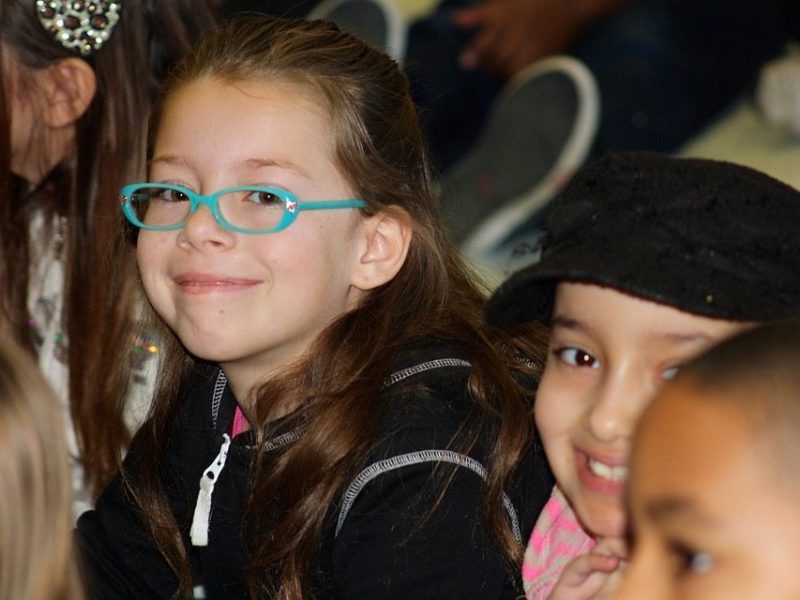
Here are a few ways school administrators can approach students about the possibility, or the occurrence of, a hate-crime or hate-motivated incident.
Be Honest and Up-Front About Policies
Kids are watching the news. They see what is happening around the country and if they aren’t guided, they will act based on what they see. Let them know you see it too and educate them on what will happen if they are seen committing an act of hate. Also, educate them on what constitutes one of these acts and be specific about the motivations behind the act. Students need to know what will and will not be tolerated. Outline specific actions and their consequences and, if needed, act on those consequences.
Communicate With Parents
Make sure these same policies are communicated to parents as well as students. You might even consider holding a special meeting with parents before talking to students about the possibility and potential punishment of hate crimes or hate motivated incidents. The subject should be treated differently in regards to the two groups and having separate meeting offers parents the chance to speak openly and honestly about any concerns regarding their child.
Have a Plan and Communicate It
Work with teachers and administrators to create a plan around responding to incidents as soon as they take place. Who will be called? What will the punishment be? If this plan is created and communicated before an incident occurs, you will be able to respond quickly if the need arises.
Act Early
It’s best to have these meeting and communicate policies even before an incident takes place. Chances are if the atmosphere outside the school is tense, eventually, it will catch up. So open dialogues, plan meetings and create plans before the outside world has an effect on the actions of your students.
Promote Activities that Encourage Engagement and Education
Get groups from multiple communities together. Create after-school programs or hold events that bring together different groups, ethnicities, and cultures. Promote a culture of acceptance and knowledge rather than fear and uncertainty. This culture doesn’t have to feel forced. By opening the doors to events where all are welcome to share their stories and their lives, it can become a part of the every day. And, by encouraging these events all the time, when times become troubled and behaviors uncertain, your students will feel closer and more invested in each other’s lives.
Talk About What’s Happening
If students have questions, answer them. If they are concerned, address their concerns. This is where having a meeting with parents first will be important. You will be able to let them know that the school will not shy away from difficult subjects and will be honest and open if approached with concerns. If students feel they can talk about what they are seeing in the world, they will be more apt to feel as though they can talk about any events they have witnessed in their own environment.
Schools should be a safe zone for all students and administrators need to do all they can to promote and encourage the safety of their students.


 Active Shooter Training: The Good, The Bad and Finding a Middle Ground
Active Shooter Training: The Good, The Bad and Finding a Middle Ground